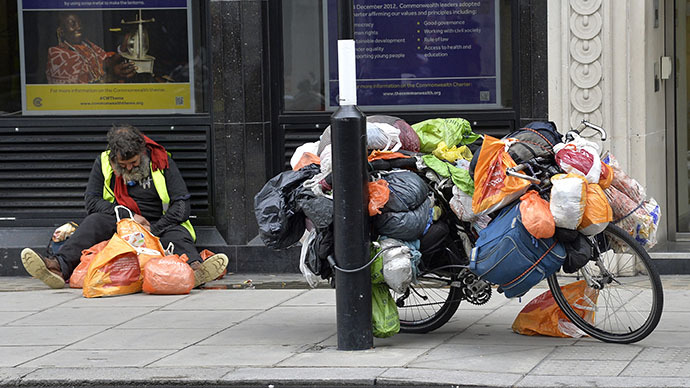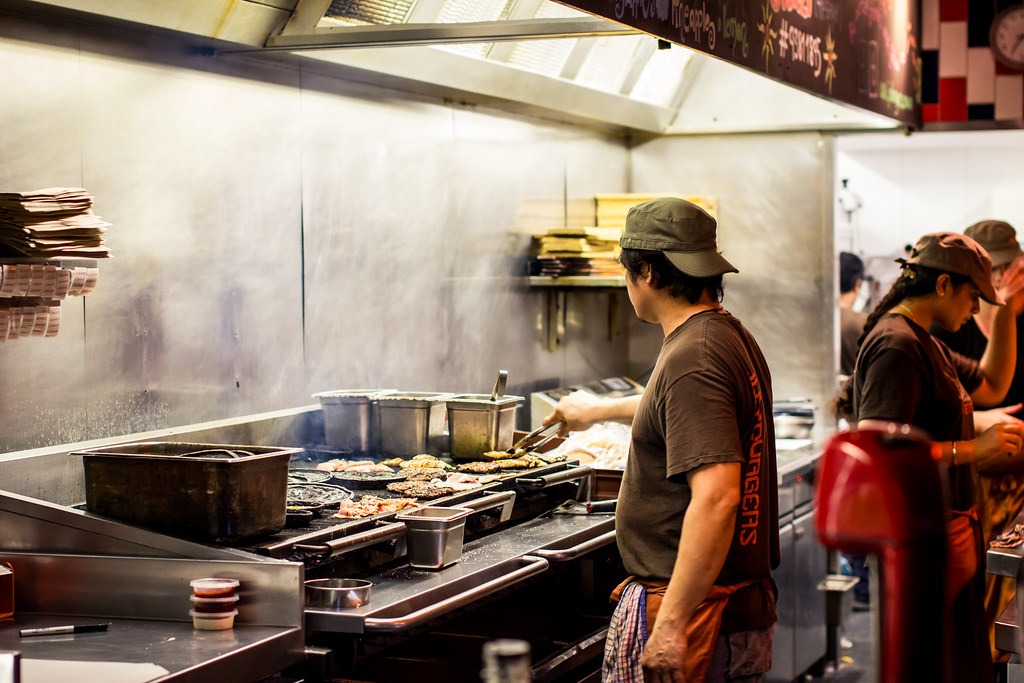Subject: A trip into London.
Early Autumn sunshine the air is a little chilly in the shade. Around us the great buildings of state. I'm in London with Andrew on a trip to the South African Consulate to renew his South African passport, the old passport having run out whilst he was in Australia. I've become the family archive for documents relating to the events and the bureaucracy which rules our lives, forgotten until we wish to trace and prove who we say we are. I have taken over the role from my father who used to keep all such documents, in a large ornate roller topped bureau. Birth certificates, marriage certificates, documents proving rights of abode, and our citizenship as we sail through life's choppy seas.The relevance of my dad's own passage was in that bureau. From the birth certificate to the one we shall not see, the death certificate, certificates of education, these bits of paper which allow the institutions, who follow us so meticulously, caring little for our substance but diligent in their imposition that they have the final say.Well I was up to scratch, once again finding the faded scraps of officialdom. "Proof of existence" as if that were all to prove, a life in which your existence, the fact that you drew breath said it all your word not good enough not even the word of a thousand bishops could turn the clerk in their duty 'to see and confirm'.
Emerging from the Consulate into the sunshine we elected to walk along the Mall towards Buckingham Palace. Leaving behind the bustle and cacophony of Trafalgar Square, the bulky South African House Embassy and observer of many angry demonstrations in the days of Apartheid, the demonstrators now strangely quiet towards the iniquities of President Zuma, their tirades stopped by the racial impasse which ties us in knots when black people mimic the whites.
The sound of horses hooves and the clink of breastplate armour drew our attention to the entrance, off the Mall, into Horse Guards Parade where one of the many ceremonies which enrich London was taking place. Not sure what was going on but it had all the traditional significance for the Guard to keep them ramrod straight sitting on their beautiful horses awaiting the bellow of a command to swing away under the courtyard entrance into Whitehall.
The space of Horse Guards Parade the scene of so many ceremonials is bounded by the Admiralty Building with its impressive array of wireless aerials. I explained to Andrew the significance of this to me as a small boy visiting London for the first time in 1950. Of the part they played in communicating to our navy across the seas. Brought up to believe in the importance of Britain, her navy was the symbol of our power and the significance of this building in Whitehall, extending its reach to the far corners of the world made a small boy dream.As of then with my father, I played the role of interlocutor weaving the story of the greatness and import in these buildings of state down Whitehall. The Foreign Office, the Treasury, Downing Street itself, now gated and forlorn, in my day open and available to stand and have your picture taken outside No 11.
The Abby, the Houses of Parliament clothed in scaffold. The great Methodist Hall which like the South Africa House was ringed in 1994 by queues of South Africans wishing to vote in the first full and free election to include all its citizens. It was a heady day with so much optimism for a new future South Africa. When for the first time in many years its citizens could stop feeling outcast, needing to explain the unexplainable.
Yesterday the sun shone brightly on the buildings and on the people always busy going somewhere. I looked up at the windows of these solid massive architectural reflections of Empire, into the Treasury and thought of the demons which were being exorcised by the workings of Brexit.Back into the Park which boarders the Mall across the Mall and up towards Regent Street into Piccadilly and off through the narrow lanes to Soho.It was not on my dad's itinerary to walk his 10 year old into this seedy world of debauchery but my 36 year old was on a mission. Not to show me what I had missed in some sort of tawdry fetish but a fetish of a different kind, that of food and not just any old kind of food but the culinary delight of a "falafel". Winding through the streets passed the bookshops my dad probably didn't know existed, passed the massage parlours and the kinky trade where anything and everything is available until we arrive at a stall which apparently is outside the Middle East, the Mecca of "falafel".Did I want one ? Looking at the ingredients I thought I will skip this one this time and went in search of an exotic burger. I must take my hat off to Andrew, although he has his moments of selling the praises and benefits of a Vegan diet, his concerns that I get some food in me outweighed his horror of the killing trade and I had my Berger.It was a lovely day and I think we both enjoyed it walking the walk and talking the talk.I found myself plodding, a little tired with an aching ankle only too happy to allow the roles of 'protector and protected' to be reversed as he led me down the labyrinth tunnels into the Tube to emerge in Stratford where we had left the car.








